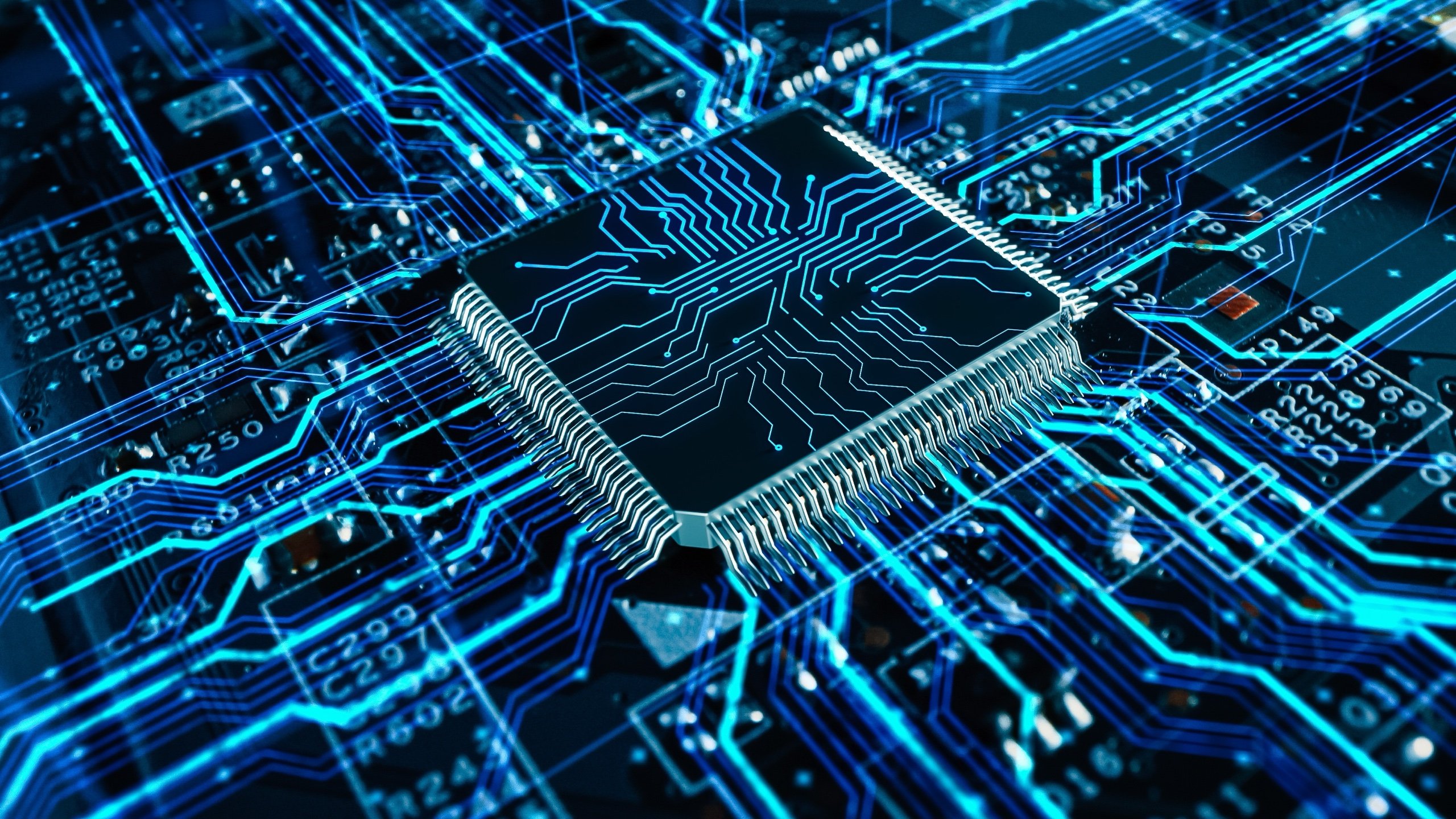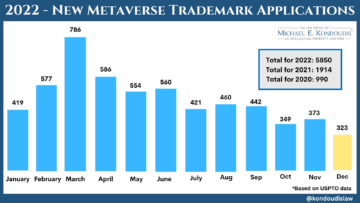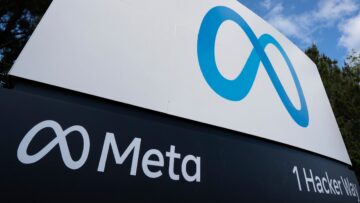Intel will manufacture high-end AI chips for Microsoft, fueling competition in the global semiconductor market amidst geopolitical concerns.
In an effort to use artificial intelligence (AI) fully, Intel and Microsoft have reached a significant agreement that would see Intel produce chips created by the software behemoth.
Also read: Competitors Allege Activision Violates Antitrust Laws
The contract, which was unveiled on Feb. 21, at Intel’s inaugural foundry event dubbed Foundry Direct Connect, would see Intel manufacture cutting-edge semiconductors for Microsoft as part of foundry agreements with a projected lifetime value of $15 billion.
But #Microsoft has announced intention to build 2 chips. #Intel is going to build 1 of them via its 18A fab, but the builder for the other chip hasn’t been announced. Nor did Microsoft identify the chip Intel has been selected to build – mystery continueshttps://t.co/PD4Dks9yr6
— Ira Michael Blonder (@mikethebbop) February 22, 2024
The crux of the event
Microsoft CEO Satya Nadella, who was one of the many tech leaders present at the event, said that they are in the midst of a very exciting platform shift that will fundamentally transform productivity for every individual organization and the entire industry. He added that to achieve this vision, they need a reliable supply of the most advanced, high-performance, and high-quality semiconductors. That’s why they are so excited to work with Intel Foundry and why they have chosen a chip design that they plan to produce on the Intel 18A process.
Breaking News: Intel, Synopsys Cut Comprehensive IP Deal For Intel Foundry Services on Intel 3 and Intel 18A process nodes: https://t.co/VIGq23WrnF
— Kevin Krewell (@Krewell) August 14, 2023
With this event, Intel, once the world’s leading chipmaker, attempts to overtake Asian rivals like Samsung in South Korea and TSMC in Taiwan to regain its position in the top spot. Other notable figures present included US Secretary of Commerce Gina Raimondo, Arm CEO Rene Haas, and OpenAI CEO Sam Altman.
Reinventing Intel as a foundry company
Since he took the helm three years ago, Intel CEO Pat Gelsinger has been trying to reinvent Intel as a foundry business. He stated that artificial intelligence (AI) is “profoundly” changing the way we think about technology and the silicon that powers it.
According to Pat, this is creating an unprecedented opportunity for the world’s most innovative chip designers and Intel Foundry, the world’s first systems foundry for the AI era. He added that together, they could create new markets and change how the world uses technology to improve people’s lives.
While Intel finished 2023 on a good note, the Santa Clara-headquartered chipmaker had a disappointing year overall, with revenue declining across its core divisions, including the client computing group, as it disclosed during its most recent earnings call last month.
Intel takes stock hit amid disappointing 2024 outlookhttps://t.co/zP5AfP9kYJ
— Silicon Republic (@siliconrepublic) January 26, 2024
Forging ahead
Intel projects a first quarter of 2024 revenue of between $12.2bn and $13.2bn, undershooting analysts’ expectations of $14.15bn. Last year, the company confirmed that it would focus on a strategy of cost reductions and job cuts.
The agreement with Microsoft is the most recent in a series of AI-focused moves Intel has been making since last year.
It was one of many significant IT companies that invested in Hugging Face, an AI start-up, in August. It also supported AI21 Labs, an Israeli generative AI startup that Amnon Shashua, the founder of Intel’s self-driving vehicle division, Mobileye, co-founded.
.@intel Prices Widely Anticipated #IPO for Self-Driving Car Unit @Mobileye — Chip giant raises $861 million by selling 41 million shares, valuing it at roughly $17 billion.
via @WSJ — #tech #SelfDrivingCars #AI pic.twitter.com/RCLoXtG5sH
— Rob in Portland 💙 (@RobShiveley) October 25, 2022
Last month, Intel announced the creation of Articul8, a stand-alone spin-out that offers generative AI software platforms to companies.
- SEO Powered Content & PR Distribution. Get Amplified Today.
- PlatoData.Network Vertical Generative Ai. Empower Yourself. Access Here.
- PlatoAiStream. Web3 Intelligence. Knowledge Amplified. Access Here.
- PlatoESG. Carbon, CleanTech, Energy, Environment, Solar, Waste Management. Access Here.
- PlatoHealth. Biotech and Clinical Trials Intelligence. Access Here.
- Source: https://metanews.com/intel-to-manufacture-high-end-semiconductors-for-microsoft-in-ai-push/
- :has
- :is
- 1
- 14
- 2%
- 2023
- 2024
- 21
- 22
- 25
- 26
- 41
- 5
- 8
- 9
- a
- About
- Achieve
- across
- Activision
- added
- advanced
- ago
- Agreement
- agreements
- AI
- also
- altman
- Amid
- amidst
- an
- and
- announced
- Anticipated
- antitrust
- ARE
- ARM
- artificial
- artificial intelligence
- Artificial intelligence (AI)
- AS
- asian
- At
- Attempts
- AUGUST
- been
- behemoth
- between
- Billion
- build
- builder
- business
- but
- by
- call
- car
- ceo
- change
- changing
- chip
- Chips
- chosen
- client
- Commerce
- Companies
- company
- competition
- comprehensive
- computing
- Concerns
- CONFIRMED
- Connect
- contract
- Core
- Cost
- could
- create
- created
- Creating
- creation
- crux
- Cut
- cuts
- cutting-edge
- deal
- Declining
- Design
- designers
- DID
- direct
- disappointing
- Division
- dubbed
- during
- Earnings
- earnings call
- effort
- Entire
- Era
- Event
- Every
- excited
- exciting
- expectations
- Face
- Feb
- Figures
- finished
- First
- Focus
- For
- founder
- Foundry
- fueling
- fully
- fundamentally
- generative
- Generative AI
- geopolitical
- giant
- Global
- going
- good
- Group
- had
- Have
- he
- High-End
- high-performance
- high-quality
- Hit
- How
- HTTPS
- identify
- improve
- in
- Inaugural
- included
- Including
- individual
- industry
- innovative
- Intel
- Intelligence
- Intention
- invested
- IP
- IRA
- Israeli
- IT
- IT companies
- ITS
- korea
- Labs
- Last
- Last Year
- leaders
- leading
- lifetime
- like
- Lives
- Making
- many
- Market
- Markets
- Michael
- Microsoft
- million
- Mobileye
- Month
- most
- moves
- Mystery
- Need
- New
- news
- nodes
- nor
- notable
- note
- of
- Offers
- on
- once
- ONE
- Opportunity
- organization
- Other
- overall
- part
- people’s
- plan
- platform
- Platforms
- plato
- Plato Data Intelligence
- PlatoData
- Portland
- position
- powers
- present
- Prices
- process
- produce
- productivity
- projected
- projects
- Quarter
- raises
- reached
- Read
- recent
- reductions
- regain
- reinvent
- reliable
- rene
- Republic
- revenue
- rivals
- rob
- roughly
- Said
- Sam
- Samsung
- Santa
- Satya Nadella
- secretary
- see
- selected
- self-driving
- self-driving car
- Selling
- semiconductor
- Semiconductors
- Series
- Services
- Shares
- shift
- significant
- Silicon
- since
- So
- Software
- South
- South Korea
- Spot
- Start-up
- startup
- stated
- stock
- Strategy
- supply
- Supported
- Systems
- T
- Taiwan
- takes
- tech
- Technology
- that
- The
- the world
- Them
- they
- Think
- this
- three
- to
- together
- took
- top
- Transform
- true
- trying
- Tsmc
- unit
- unprecedented
- unveiled
- us
- use
- uses
- value
- valuing
- vehicle
- very
- via
- vision
- was
- Way..
- we
- which
- WHO
- why
- widely
- will
- with
- Work
- world
- world’s
- would
- year
- years
- zephyrnet













